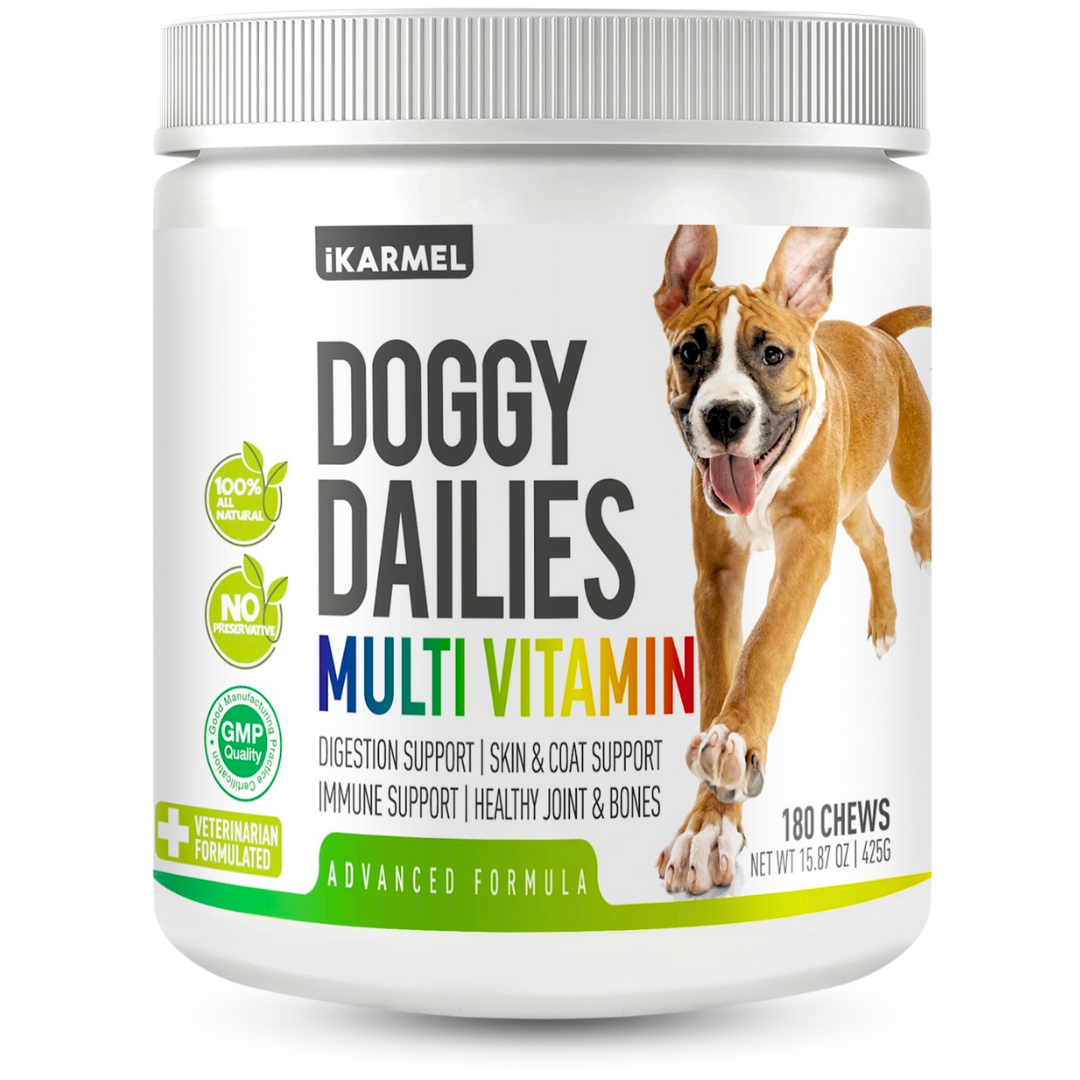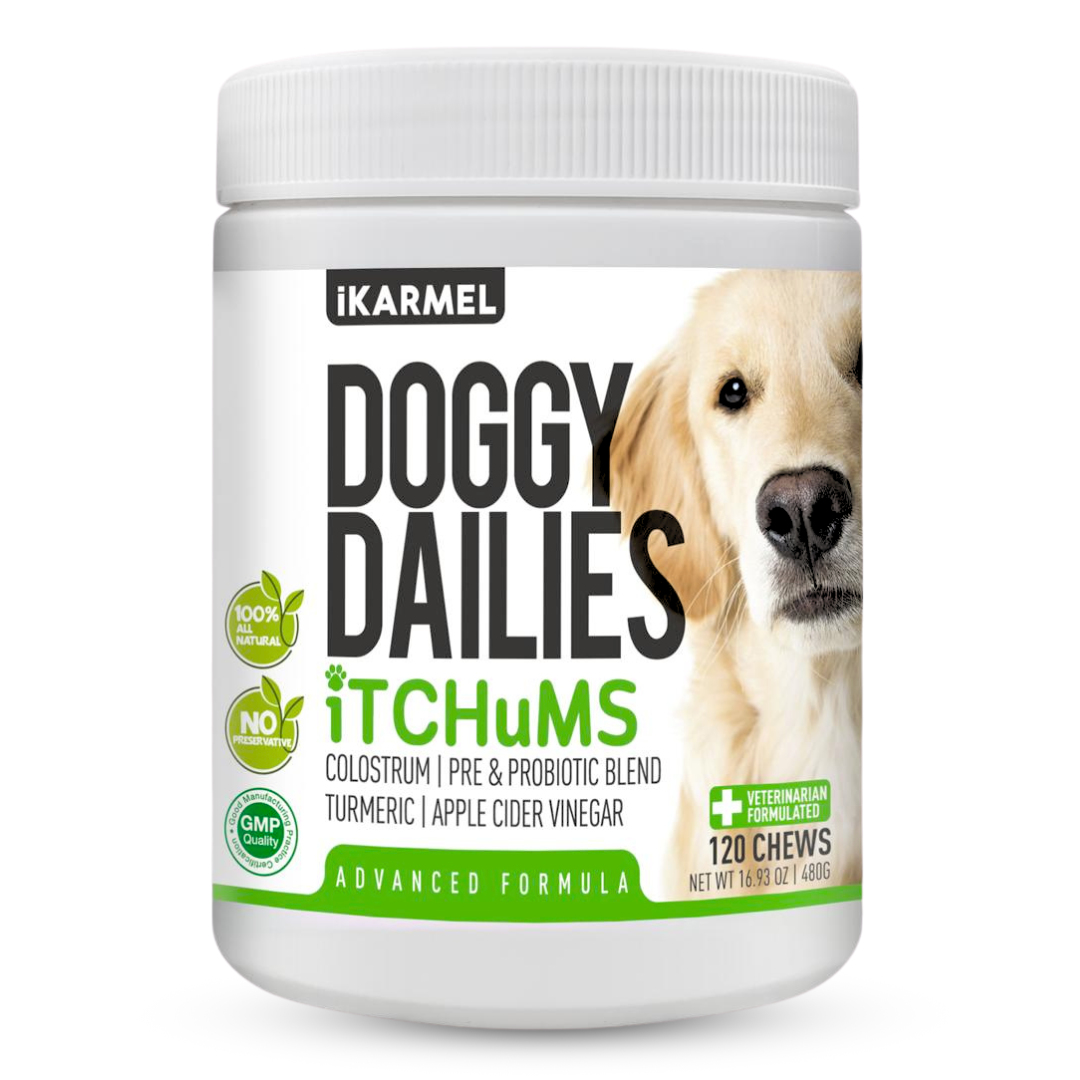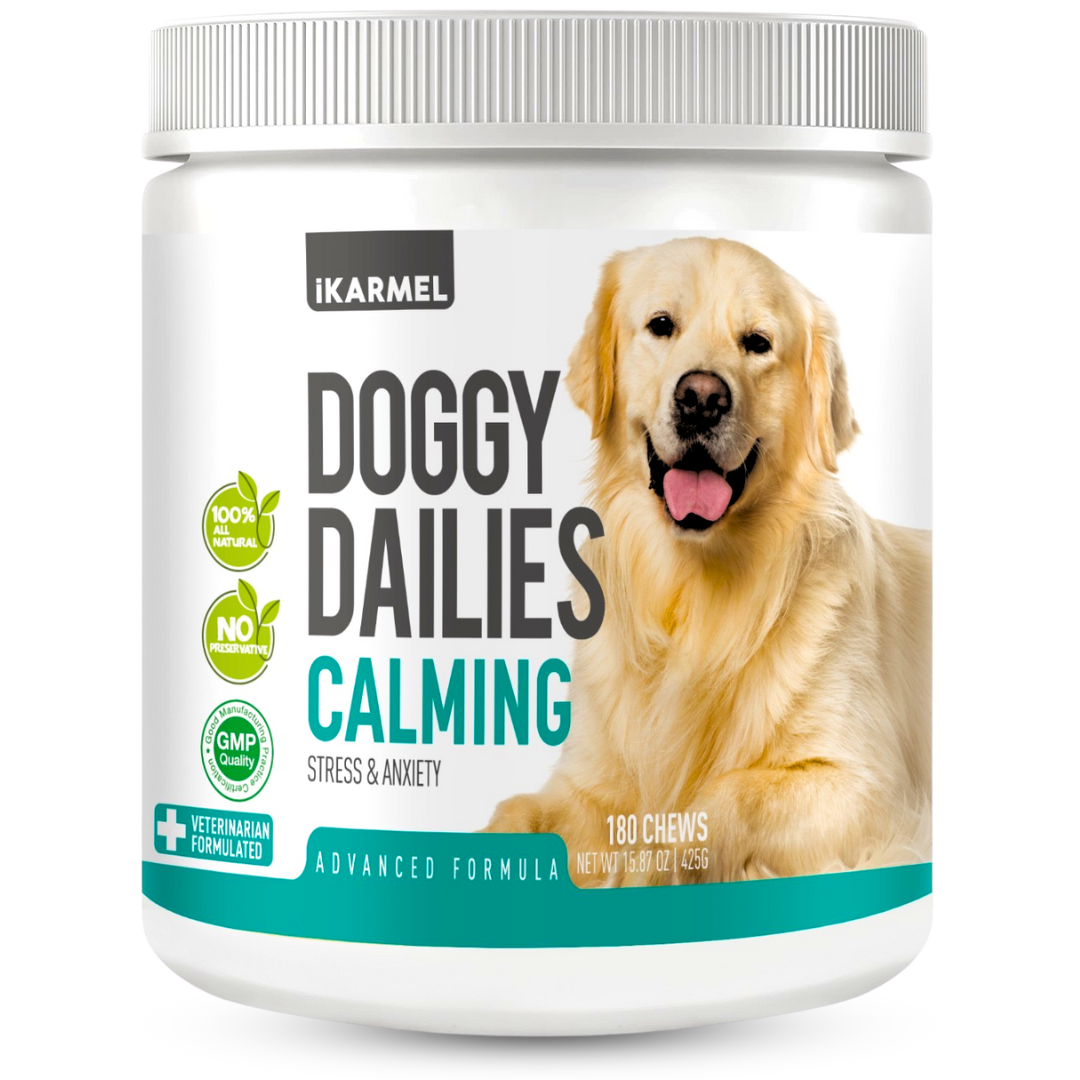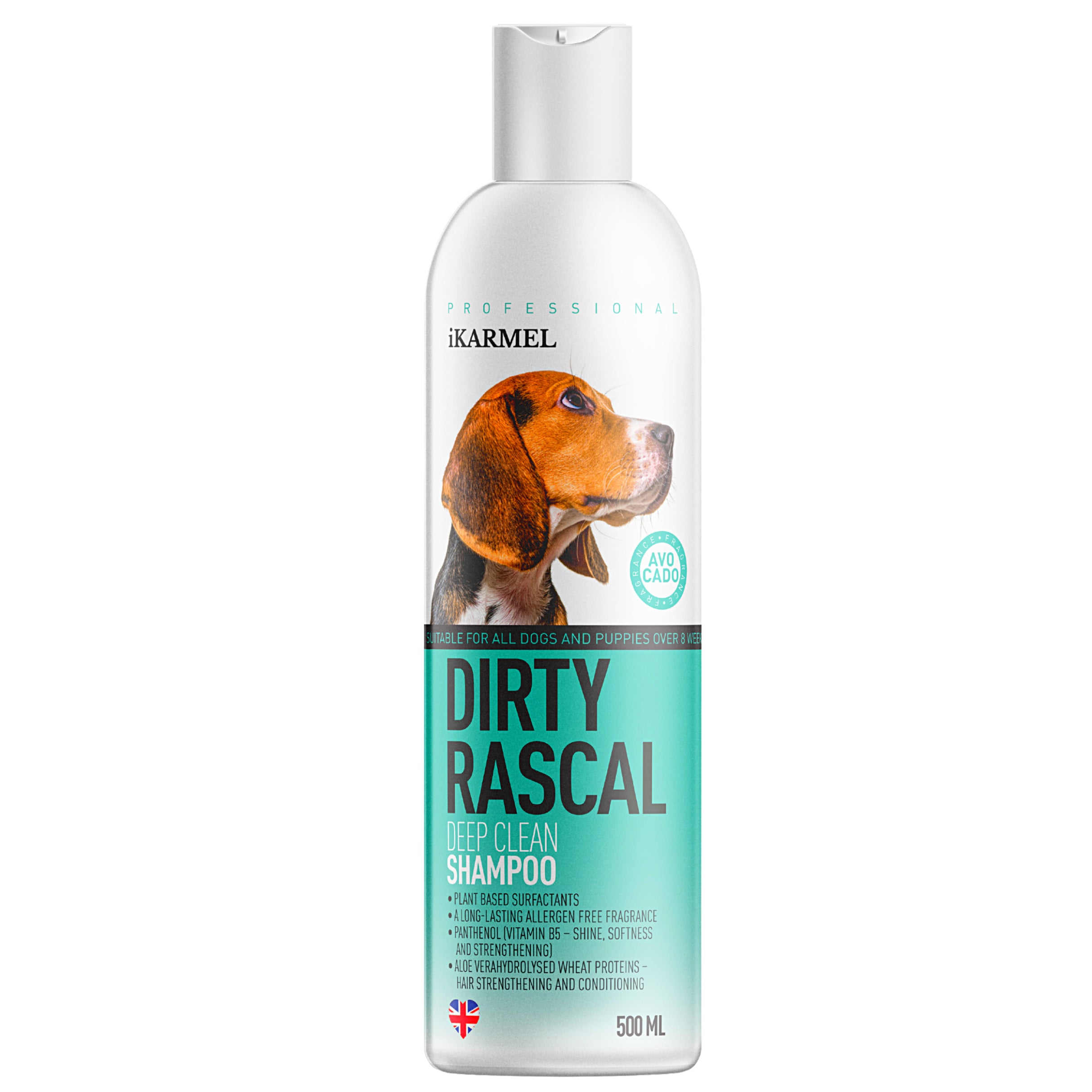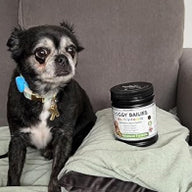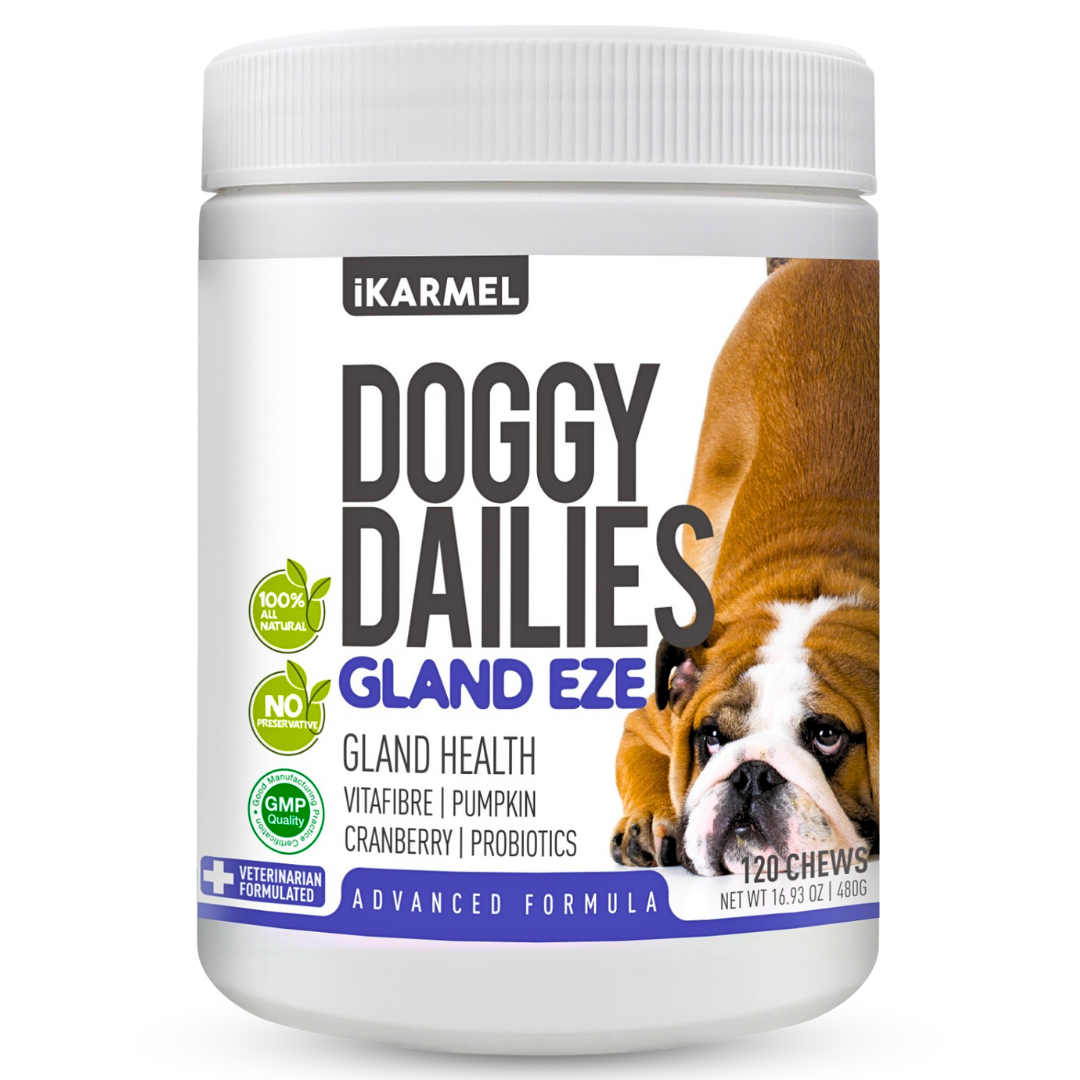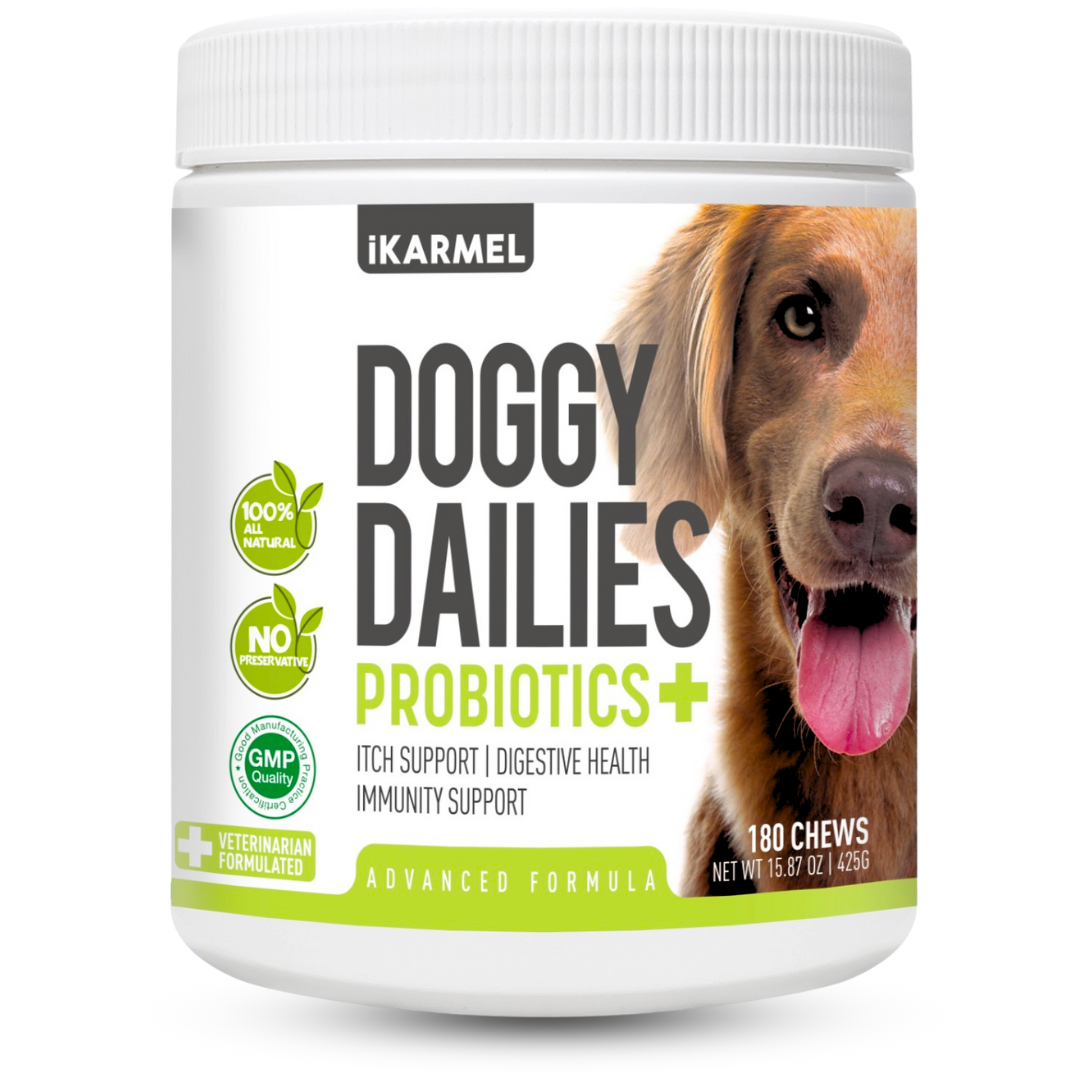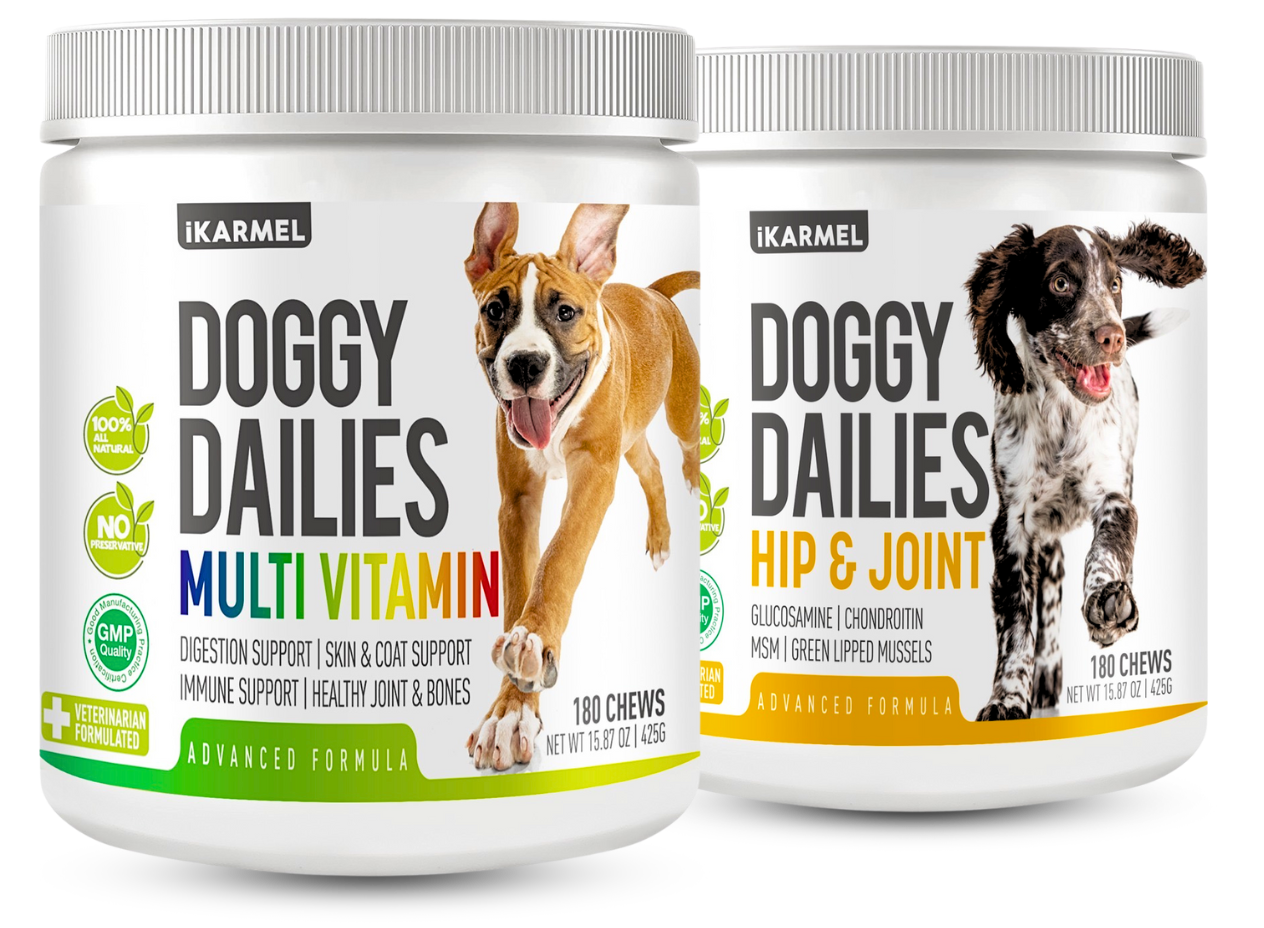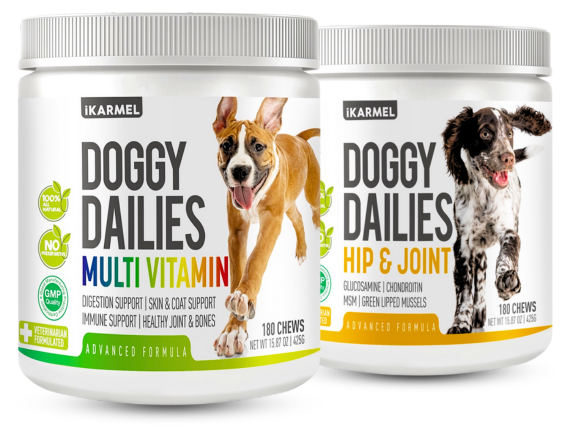
How to Help an Older Dog with Joint Pain
Is your dog slowing down, struggling to climb stairs, or hesitant to go on long walks? These could be signs of joint pain, a common issue in senior dogs. Joint pain doesn’t just affect your dog’s mobility; it can also impact their overall quality of life. But don’t worry—with the right care and strategies, you can help your furry friend move more comfortably and stay active.
This guide will walk you through how to recognize joint pain, explore effective treatments like joint supplements, and introduce lifestyle changes to keep your dog happy and healthy.
What Causes Joint Pain in Older Dogs?
Joint pain in dogs is usually a result of wear and tear over time. Here are the common culprits:
- Arthritis: A degenerative condition that breaks down cartilage, leading to pain and stiffness.
- Hip Dysplasia: A genetic condition that affects proper joint formation.
- Obesity: Excess weight puts additional strain on joints.
- Past Injuries: Old injuries may lead to chronic pain as your dog ages.
- Inflammation: Conditions like autoimmune diseases can trigger inflammation in the joints.
Signs Your Dog May Be Experiencing Joint Pain
Recognising joint pain early can make a world of difference. Look out for these signs in your senior dog:
- Limping or favouring one leg
- Stiffness, especially after resting
- Hesitation to climb stairs or jump onto furniture
- Reduced activity levels or lethargy
- Swelling or tenderness in joints
- Audible cracking noises when they move
If you notice these symptoms, consult your veterinarian for an accurate diagnosis.
Effective Ways to Help an Older Dog with Joint Pain
Here’s how you can help improve your dog’s quality of life when they are dealing with joint pain:
1. Provide Joint Supplements
Joint supplements, such as those containing glucosamine, chondroitin, MSM, and omega-3 fatty acids, can improve joint health and reduce inflammation. Ingredients like turmeric and green-lipped mussels also offer natural anti-inflammatory benefits.
Pro Tip: Products like the Doggy Dailies Hip & Joint chews are not only packed with essential nutrients but are also tasty and easy to administer.
2. Adjust Their Diet
Switching to a diet that supports joint health can make a big difference. Here’s what to focus on:
- Include foods rich in omega-3 fatty acids, like salmon or cod liver oil.
- Opt for anti-inflammatory foods like blueberries, pumpkin, and spinach.
- Maintain a healthy weight to reduce joint strain.
Consult with your vet to ensure your dog’s diet is balanced and nutritious.
3. Encourage Gentle Exercise
Exercise may seem counterintuitive when your dog is in pain, but moderate activity can actually be beneficial:
- Engage in low-impact activities like short walks or swimming to maintain mobility without putting excessive strain on joints.
- Use ramps or doggy steps to get onto furniture or into cars to reduce joint stress.
4. Consider Physical Therapy
Physical therapy or hydrotherapy can work wonders for senior dogs. Certified therapists can guide your dog through exercises designed to strengthen muscles and improve mobility.
5. Use Comfortable Bedding
Provide orthopaedic dog beds that cushion their joints and relieve pressure while they sleep. Memory foam beds are an excellent choice for senior pets.
6. Explore Veterinary Treatments
If the pain persists despite dietary and lifestyle changes, you may need medical intervention. Options include:
- Anti-inflammatory medications or painkillers (as prescribed by your vet).
- Joint injections, such as hyaluronic acid, to reduce stiffness and inflammation.
- Surgical procedures are used in severe cases like hip dysplasia.
Always follow your vet’s advice when considering medical treatments.
7. Regular Vet Visits
Regular vet check-ups are essential to monitor your dog’s joint health and adjust their care plan as needed.
Frequently Asked Questions
Q1. What is the best joint supplement for dogs?
Supplements that include glucosamine, chondroitin, MSM, and omega-3 fatty acids are considered the best for joint health. Brands offering chews with natural anti-inflammatory ingredients like turmeric or green-lipped mussels can provide additional support.
Q2. Can dogs take human joint supplements?
No. Human joint supplements may contain ingredients harmful to dogs or be dosed incorrectly. Always use products specifically formulated for dogs.
Q3. Is omega-3 good for dogs' joints?
Absolutely. Omega-3 fatty acids help reduce inflammation in joints, improve flexibility, and support overall bone health.
Q4. How can I treat my dog’s joint pain at home?
You can start by providing joint supplements, maintaining a healthy weight, encouraging gentle exercise, and offering a comfortable orthopaedic bed. Warm compresses can also provide relief for swollen joints.
Q5. Are joint supplements for dogs effective?
Yes, joint supplements can be highly effective for improving mobility and reducing discomfort. Look for vet-recommended products with proven ingredients.
Q6. Is salmon oil good for dogs’ joints?
Yes! Salmon oil is rich in omega-3 fatty acids, which have anti-inflammatory properties beneficial for joint health.
Choose iKarmel Supplements for Hip & Joint Support
Caring for a senior dog with joint pain doesn’t have to be overwhelming. By incorporating joint supplements, adjusting their diet, and encouraging gentle exercise, you can significantly improve their comfort and mobility.
If you’re looking for high-quality joint supplements for your dog, check out Doggy Dailies. Their vet-formulated, natural chews have helped thousands of dogs stay active and pain-free.
Shop for Joint Supplements Today and give your dog the joy of a pain-free life!
